“We need an energy shock”
We all understand the importance of energy security. To maintain it, we need to chart the right course. But how can we know what that is?
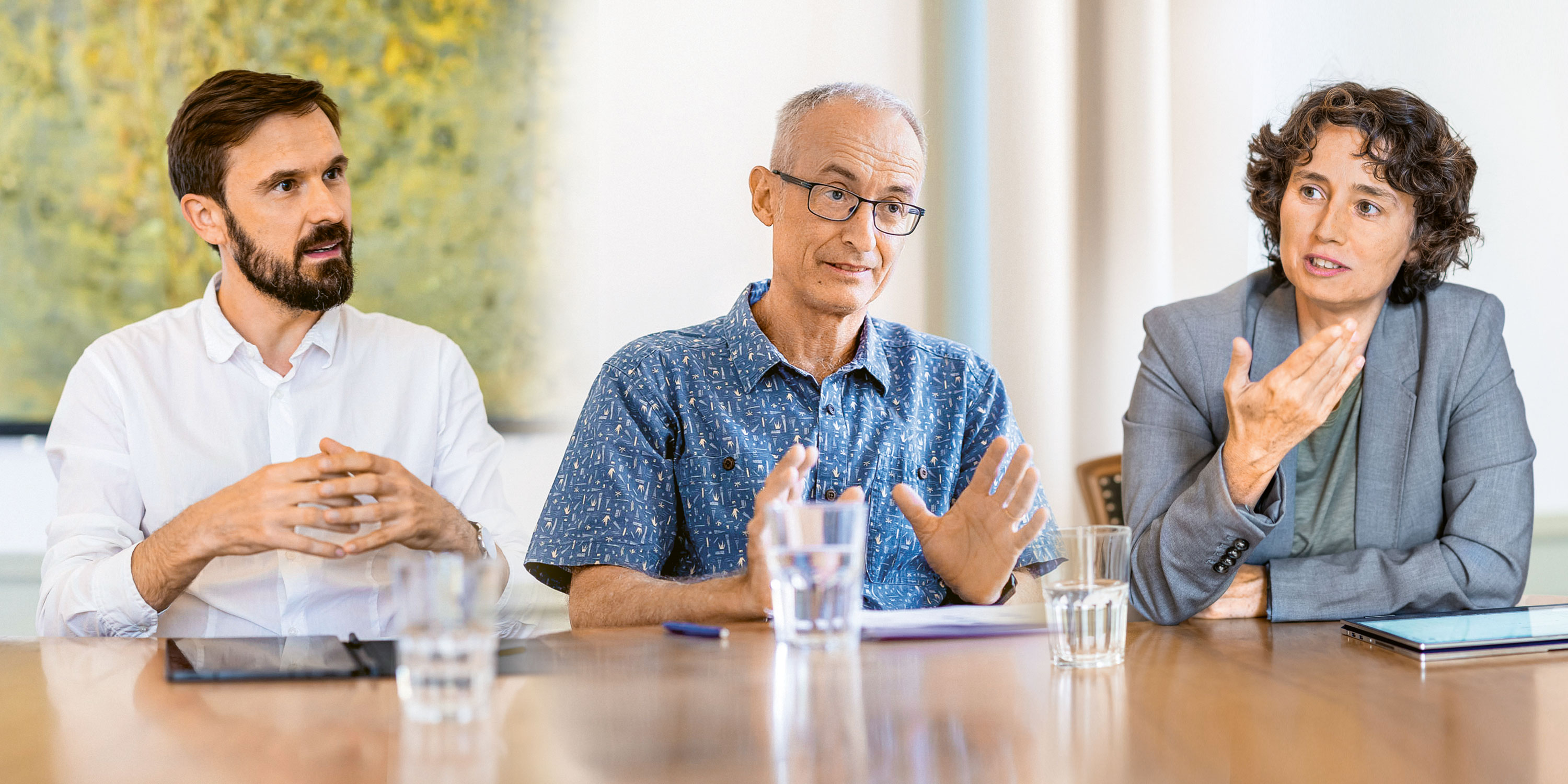
The Swiss Federal Council has warned there could be shortages of gas and electricity as early as this winter. How realistic do you think this scenario is?
Tobias Schmidt: That depends primarily on factors that are out of Switzerland’s control. We can’t view the Swiss energy system in complete isolation from the European electricity system. The biggest risk is Russia slashing its gas deliveries. A harsh winter would raise the risk of shortages in countries like Germany, which uses large amounts of gas for heating.
Annalisa Manera: The greatest immediate risk is power cuts – not just this winter, but also in the longer term. We all saw what happened in Texas in 2021 when a winter storm led to massive outages. And our energy problems are only going to get worse, because now that we’ve decided to electrify transport, heating and certain segments of industry, we’re going to need more electricity.
Schmidt: I don’t expect Europe to be plunged into the kind of situation we saw in Texas. The Texas power grid isn’t connected to the rest of the US, so it’s more susceptible to failure. We have a synchronous electrical grid that stretches right across Continental Europe, so it’s much easier to compensate for power plant outages.
How do you view the current situation, Mr Filippini?
Massimo Filippini: I think we’re fairly unlikely to see problems in the electricity market this winter. However, much will depend on the level of rainfall in the autumn months, which is essential for hydropower production, and the possibility of importing gas from Russia, which is necessary for electricity production abroad. The problem is mainly the gas market. If Europe can’t import as much Russian gas, prices will skyrocket. And, if that happens, Germany will have a crucial decision to make: will it keep all the gas to itself, or will it continue to fulfil its commitments to supply gas to its neighbours?
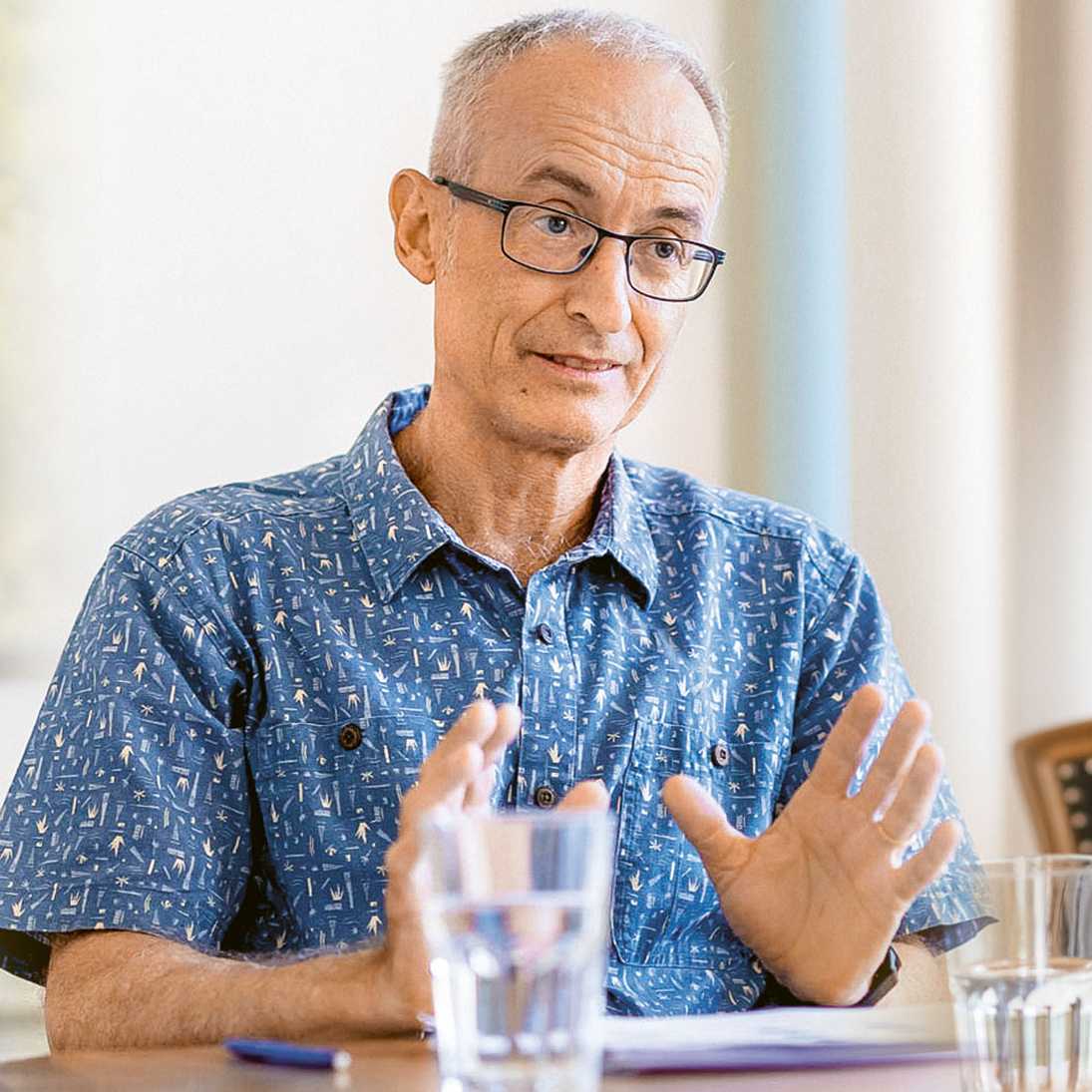
“We need to be bolder if we want to make our energy and climate policy more effective.”Massimo Filippini
What consequences would that have?
Filippini: This winter will really put Europe to the test. Will it treat gas as a shared resource? Or will each nation simply look out for itself and disregard the others? In the latter case, everyone will ultimately be worse off.
What does all this mean for Switzerland as a non-EU member?
Schmidt: Switzerland can sign agreements with its neighbours to provide mutual support in the event of shortages. Those kinds of solidarity agreements can be made independently of all the political noise about the EU-Swiss institutional framework agreement. What we really need is an electricity agreement with the EU, but that’s been on hold since the negotiations on the framework agreement broke down.
Manera: The problem is that, in future, grid operators in the EU will be obliged to ensure that a large part of their cross-border capacity is available for trade within Europe. But that doesn’t include Switzerland.
Schmidt: his is perhaps where Switzerland is paying the price for having isolated itself so much from the EU.
Filippini: As the proportion of renewables increases, so too does the importance of energy storage systems in the European grid. Switzerland plays a crucial role in the European electricity market, both as a transit country and as a provider of storage capacity. So it’s not in its EU neighbours’ interests to restrict cross-border electricity trading with Switzerland.
What can the general public do to help?
Filippini: Our studies show that we’re wasting 20-30% of energy. If people drop the temperature of their homes by just one or two degrees and reduce how long they keep the windows open for ventilation, we can cut energy consumption by up to 15 percent. Then there are short-term solutions such as investing in thermostats and medium-term strategies such as replacing old heating systems and installing new windows. It really needs to be a combination of investment and changing people’s behaviour.
Schmidt: Japan experienced electricity shortages after the Fukushima nuclear accident. People’s attitudes shifted as a result, and the overall demand for electricity fell. That’s the kind of behavioural change we need to see this winter to tackle temporary shortages that might last just a few days. If people know what’s happening and understand what we’re facing, they’ll react accordingly.
But Japan was dealing with a nuclear disaster. Will people really alter their behaviour when the situation is less dramatic?
Filippini: When gas prices go up by 10 percent, household demand drops by 7 percent. We know that from a study we published recently. But I would argue that what we really need now is an energy shock to change attitudes and behaviour with respect to the energy transition. The 1973 oil crisis showed people that energy supplies can be precarious. I still remember the car-free Sundays that were introduced to limit consumption.
The question for the medium term is how quickly we can expand renewable energy, especially solar power. How do things stand right now?
Schmidt: Switzerland is still playing catch-up when it comes to expanding its photovoltaic capacity. There are three reasons for that. Firstly, we prohibit installations in open spaces, such as alongside motorways, even though this is the cheapest way to generate electricity. That needs to change, but it requires us to rethink our approach to spatial planning. Secondly, for historical reasons, Switzerland has a very fragmented electricity network. The national grid is divided between over 600 operators, each of which has different rules on feeding solar power into their part of the grid. That’s not an attractive proposition for major investors.
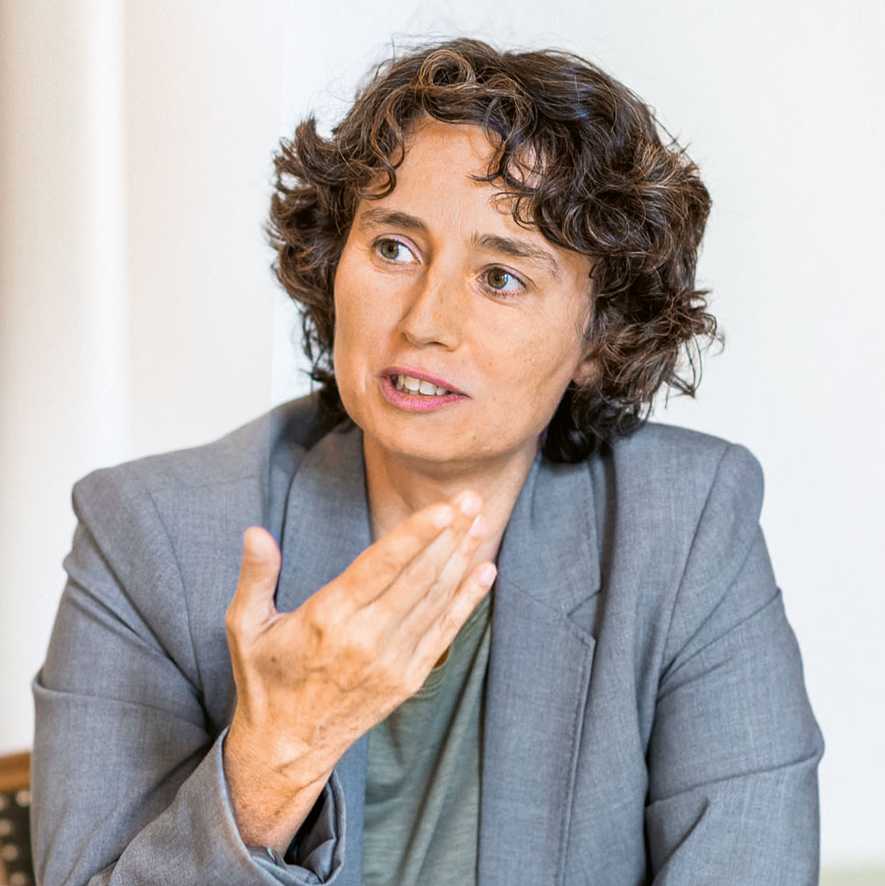
“Nuclear power offers a reliable way to cover base-load demand and reduce our dependency on foreign energy.”Annalisa Manera
And the third point?
Schmidt: The Federal Council is planning to auction one-off subsidies for the construction of large-scale solar plants. No other country is doing that, because the cost of building the plant is no longer the biggest obstacle. It would be better to award the contract to whichever provider offers the lowest price per kilowatt-hour and for the government to guarantee this price for a set period of time. But because Switzerland doesn’t have that kind of funding mechanism, a lot of capital ends up leaving the country.
How do you feel about solar energy, Ms Manera?
Manera: I’m very much in favour of expanding it, though I do wonder what the consequences will be of building so many solar panels. There’s already a shortage of lithium, silicon and other materials for renewables. Are we really comfortable with that level of dependency on China?
Schmidt: It’s not a shortage of materials, but rather a short-term spike in the price . It’s true that most silicon and solar cells are produced in China, but we could bring that back to Europe. We still have the necessary know-how and patents.
Filippini: We’re going to see a lack of resources across all technologies, even nuclear power. Russia, for example, plays a hugely important role in the uranium market as well as the gas market.
Manera: But the supply problems in nuclear power are much less pronounced. Uranium fuel rods can be used in a reactor for 4-5 years, so there’s time to set up new purchase agreements, and the biggest uranium producers are Kazakhstan, Canada and Australia. And even if the price of uranium goes up, that doesn’t actually have much of an impact on overall costs.
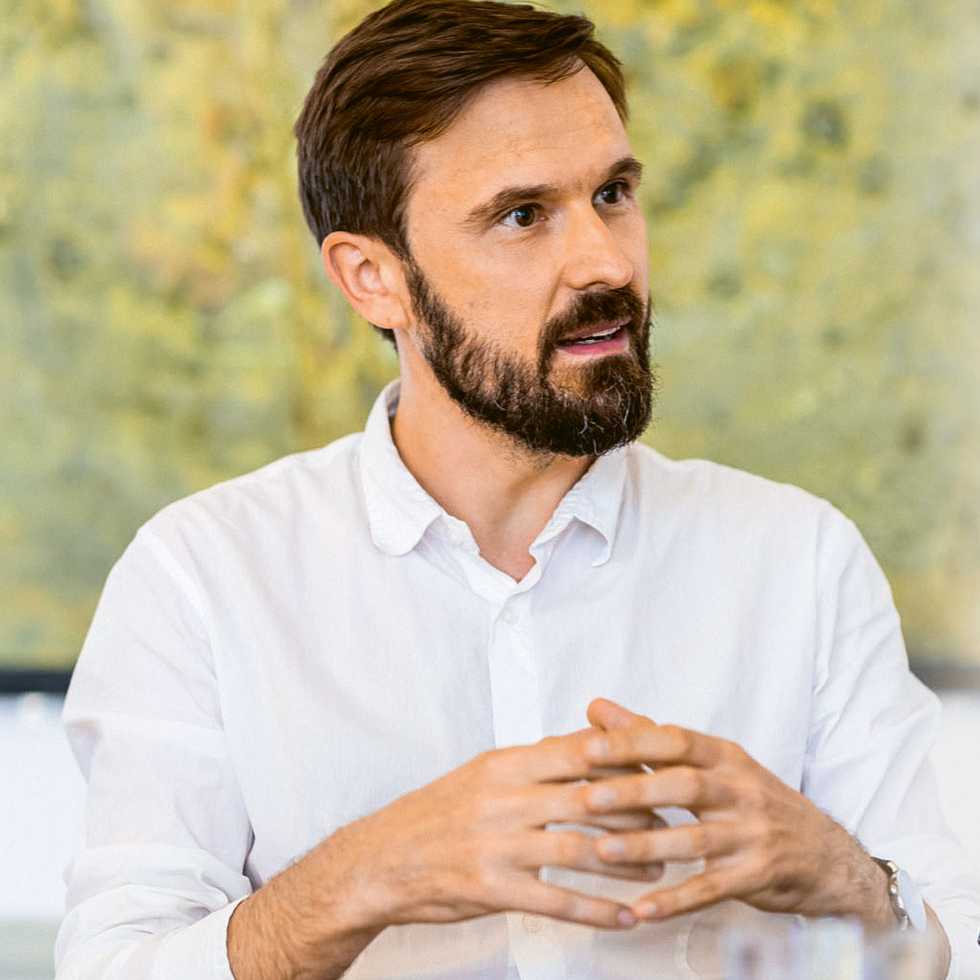
“We can’t view the Swiss energy system in complete isolation from the European electricity system.”Tobias Schmidt
One of the reasons we’re facing shortages this winter is that half of France’s nuclear power plants are out of action due to maintenance issues, with the result that France is exporting far less electricity than usual. Does that mean nuclear power is less reliable than we’ve been led to believe?
Manera: Switzerland has never experienced the longer shutdowns we’re currently seeing in France. Several of the French reactors are old and of the same type. So, if you find corrosion damage in one reactor, you have to shut down all the other plants of the same type to inspect them.
Is this not the case in Switzerland?
Manera: Switzerland uses four different types of reactor and overhauls them on an annual basis. Since it came online, investment in the Beznau plant has been double what it originally cost to build! Clearly, however, the longer a power plant is in operation, the less reliable it gets. That’s why we need to consider what we’ll do when the current fleet of nuclear power plants are finally decommissioned.
Won’t we still need nuclear power plants to ensure energy security in the future?
Manera: Without nuclear power and affordable storage capacity, we won’t be able to fully offset all the major weather-related volatilities in solar and wind power generation. I’m particular concerned about scenarios where 100 percent of power comes from volatile sources such as wind and solar and there’s a high dependency on foreign countries. Nuclear power offers a reliable way to cover base-load demand and reduce our dependency on foreign energy. Why should we abandon a source of electricity that works so well.
I get the impression you disagree with that, Mr Filippini?
Filippini: he idea of base load is becoming less relevant now that we have renewable energy and digitalised electricity networks. And nuclear power plants cost too much to produce and take too long to build. In a deregulated electricity market, no private-sector operator is willing to invest in nuclear power plants or provide insurance coverage for a nuclear accident. So the government has to bear the risk and cover the costs. Obviously, you could argue that the likelihood of a nuclear accident or terrorist attack is very low, but even small probabilities pose a significant risk when you have the kind of population density we have in Switzerland. And, of course, nobody wants to have a new power plant or nuclear waste repository in their backyard.
Manera: But the same applies to large solar installations such as the ones currently being planned in Gondo. Replacing the Leibstadt nuclear power plant would require 400 of those installations, each of which is approximately the size of 14 soccer pitches!
Why does it take so long to build a nuclear power plant?
Manera: Before Europe started building its current batch of nuclear power plants, we hadn’t built any new ones for 20 years. That’s why today’s projects are taking so long. It’s very different with nuclear vendors from countries like South Korea, which take a project from start to finish in just a few years, as they did recently in the United Arab Emirates.
Filippini: But this is Switzerland, where it takes 20 years just to build a wind turbine on the Gotthard Pass!
Schmidt: You would also have to persuade the Swiss people to approve the construction of new nuclear power plants, and that seems like a hopeless task at the moment.
How can we overcome all these problems?
Manera: hat matters now is charting the right course for the next 20 years with the technological solutions we have on hand today, not with what might be available in the future.
Filippini: We need to be bolder if we want to make our energy and climate policy more effective. The time has come for Switzerland to take on a pioneering role again. We need new incentives, but we also need new rules and restrictions, because consumers and companies only act rationally to a limited extent.
Schmidt: We can also learn from history: because of a lack of coal, Switzerland shifted to hydropower and electrified its railways earlier than most. We’re still benefiting from those bold and visionary decisions today. And we also need to adopt more of a European mindset, because we’re too small to be self-sufficient in energy.
About the persons
Tobias Schmidt is Professor of Energy and Technology Policy at the Department of Humanities, Social and Political Sciences. He is also Director of the Institute of Science, Technology and Policy.
Massimo Filippini is Professor of Public Economics and Energy Economics at ETH Zurich and Università della Svizzera Italiana. He is also Director of the Centre for Energy Policy and Economics at ETH Zurich.
Annalisa Manera has been Professor of Nuclear Systems and Multiphase Flows at the Department of Mechanical and Process Engineering since 2021. Her joint professorship at ETH and the Paul Scherrer Institute was made possible thanks to a partnership with the Swiss Federal Office of Energy and swissnuclear, the association of Swiss nuclear power station operators.
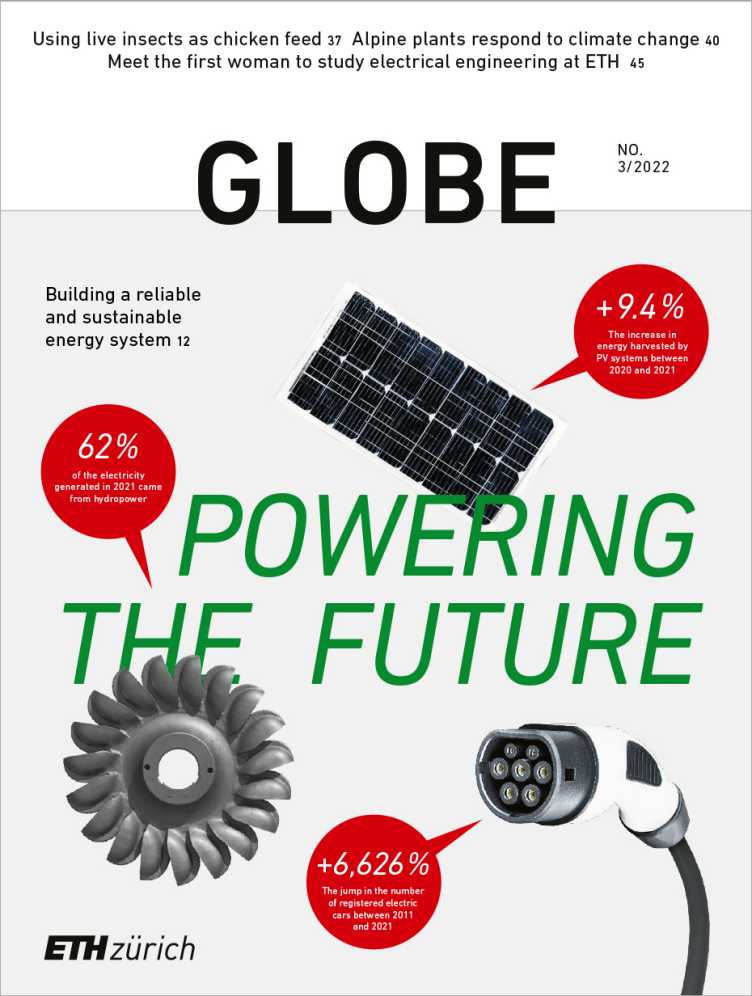
Comments
No comments yet